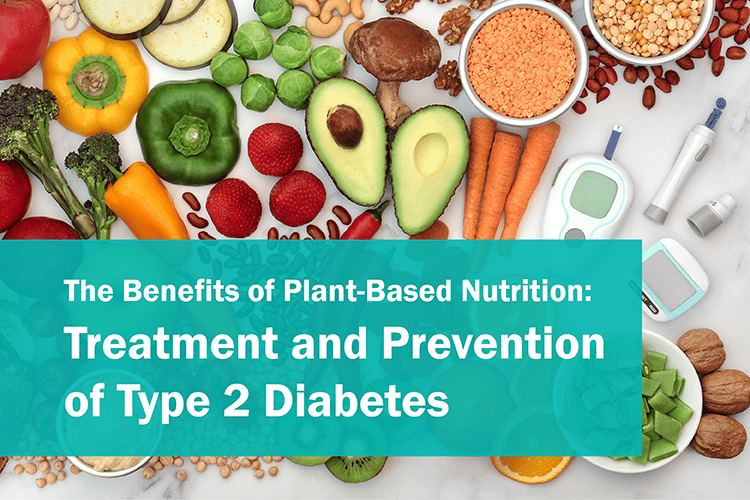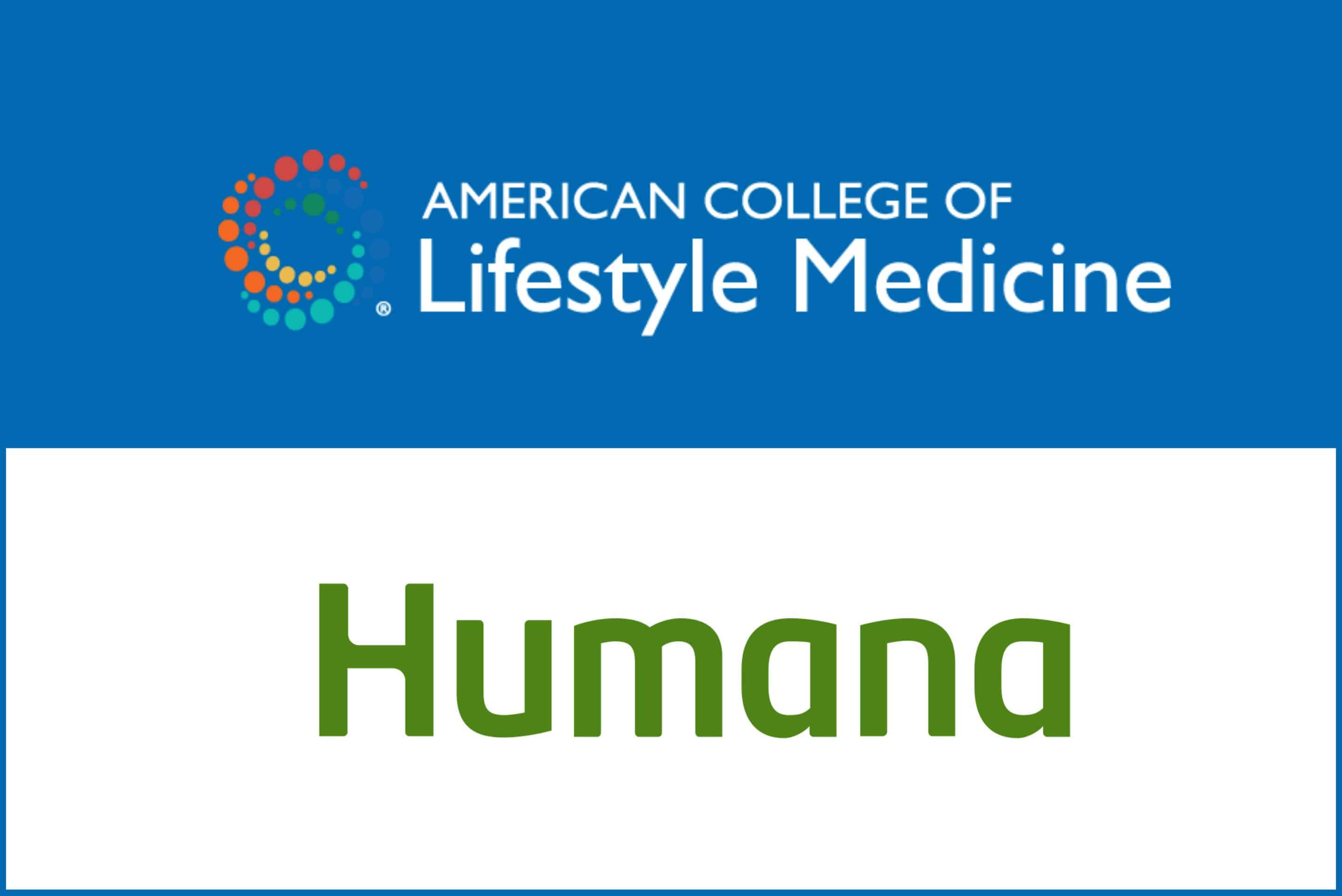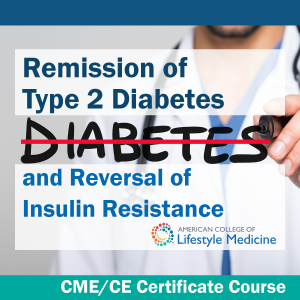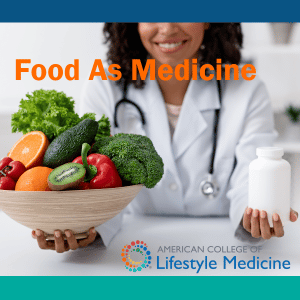Lifestyle Medicine News and Updates – Insider September 2023
Disclaimer: The information included in Insider is intended to give our readers a sense of what is happening in the news, research journals and other channels related to lifestyle medicine. Inclusion does not imply ACLM endorsement. Note that some links may require registration or subscription.

TO NOTE
- The U.S. doesn’t just have a lower life expectancy than much poorer countries, we’re a global leader in avoidable amputations. That appalling fact and others are discussed in this must-read opinion piece by Nicolas Kristof in the New York Times. (Note a free subscription to view this article is available.)
- Arianna Huffington writes in Time that whether for preventing disease or optimizing the treatment of disease, the combination of sleep, food, movement, stress management, and connection is a “miracle drug.” She says, “The science is clear that when we improve these daily aspects of our lives, dramatic improvements in our health and well-being follow. The breakthroughs this can bring in our health aren’t over the horizon—they’re here right now.”
DELIVERY AND PAYMENT MODELS
- The Centers for Medicare & Medicaid Services (CMS) has released a Request for Applications (RFA)detailing model payment, care delivery, quality, and other policies for its new Making Care Primary (MCP) Model. Interested applicants should submit their application via web portal by Thursday, November 30, 2023, at 11:59 p.m. EST.
- Health Affairs provides perspectives on CMS’ new States Advancing All-Payer Health Equity Approaches and Development (AHEAD) model to give states incentives and flexibility to redesign care delivery while improving access. As with other demonstrations, states will volunteer to participate, applying in the Spring of 2024.
- New public opinion findings from United States of Care show that people want to receive high-quality, affordable health care and prefer payment models that prioritize quality of care over quantity of services. “The issue is, no one knows what value-based care is, and it remains misunderstood and unrecognized by the public.”
- In Vermont, a program to scale an accountable care organization (ACO) model across all major payers in the state successfully reduced Medicare spending, lowered hospitalizations, and improved patient care. It is highlighted in this AJMC article.
- In a press release, CMS announced that the Medicare Shared Savings Program saved money for Medicare while continuing to support high-quality care. Specifically, the program saved Medicare $1.8 billion in 2022 compared to spending targets for the year.
- Findings of a new study published in JAMA Internal Medicine suggest that better chronic disease management through intensive lifestyle intervention can improve labor market productivity among older adults with type 2 diabetes.
FOOD AS MEDICINE
- Pharmacy Today says food as medicine is real, and touches on some of the food as medicine content discussed at its recent 2023 Annual Meeting & Exposition.
HEALTHY AGING
- “Healthspan” rather than “lifespan” is increasingly being recognized as an important concept because it emphasizes the importance of not only living a long life but also living a healthy and productive life, as described in this Fortune Well article.
HEALTH EQUITY
- 2022 HEAL scholar Rosandra Daywalker, MD, DipABLM, was selected by the Association of Clinicians for the Underserved (ACU) as its 2023 Excellence in Health Equity Award winner.
BEHAVIOR CHANGE
- A study published in Journal of Consumer Research found that considering short-term costs of unhealthy behaviors (e.g., irritability or indigestion after eating sugar) better curbs these behaviors than considering long-term costs or no costs.
GUT HEALTH
- Associations among the gut microbiome, epigenome, and diet have not been studied together during obesity treatment until this study published in Nutrients of microbiota (MB), DNA methylation (DNAme), and diet prior to and during a behavioral weight loss intervention.
CHRONIC DISEASE
DEPRESSION
- A healthy lifestyle reduces the risk of depression, new research published in Nature Mental Health has found. The study received media coverage, such as this NPR podcast from Allison Aubrey.
- This article in MDdge Psychiatry says that clinicians suggesting lifestyle behavior change make a strong statement to the patient that treating psychiatric disorders can be about more than passively swallowing a pill.
- A study published in Scientific Reports, based on longitudinal data from tens of thousands of South Korean adults, has found that increased consumption of sugary carbonated beverages is linked to a higher likelihood of depressive symptoms, irrespective of weight or blood sugar factors.
DYSLIPIDEMIA
- Statins vs. fibrates for dyslipidemia are compared in this Medscape article.
TYPE 2 DIABETES
- This systematic review published in Diabetes and Metabolic Syndrome: Clinical Research and Reviews showed several herbs could be considered as a valuable adjuvant therapy regarding glycemic control of type 2 diabetes patients.
CANCER
- A cohort study just published in JAMA Network Open shows the incidence rates of cancer among people younger than 50 in the U.S. increased from 2010 to 2019. Although breast cancer had the highest number of incident cases, gastrointestinal cancers had the fastest-growing incidence rates among all early-onset cancers. Another analysis just published in BMJ Oncology shows global incidence of early-onset cancer increased by 79.1% and the number of early-onset cancer deaths increased by 27.7% between 1990 and 2019.
- Consuming more plant-based food is preventative to prostate cancer but also beneficial after diagnosis to reduce the risk of progression and side effects after treatment, according to this Urology Times article.
BRAIN HEALTH
- A study published in the Journal of Alzheimer’s Disease showed the brains of patients with Alzheimer’s had substantially lower concentrations of some, but not all, xanthophylls, carotenes, and tocopherols, and several-fold higher concentrations of an unidentified xanthophyll metabolite (XMiAD).
- This Conversation feature discusses brain health and aging, and how lifestyle changes could help prevent up to 40% of dementia cases.
PILLARS
PHYSICAL ACTIVITY
- Exercise physiologist Christopher Travers, MS, explains in Cleveland Clinic Health Essentials why swimming and other aquatic exercises like water walking and water aerobics are so good for the body and mind.
- Moving quickly, even for as little as three minutes a day, may lower your risk of developing more than 10 types of cancer, a new study published in JAMA Oncology found.
- The commitment to physical activity and making it stick is the subject of this Psychology Today article.
- British research published in Diabetes Care, based on data from more than 18,000 participants in the U.K. Biobank, suggests that the minimal level of self-reported activity to reduce the risk for both neuropathy and nephropathy may be the equivalent of less than 1.5 hours of walking per week.
NUTRITION
- As reported in Tufts Now about the largest such study to date, an analysis of participant records by Friedman School of Nutrition Science and Policy researchers found programs that provide free fruits and vegetables have measurable benefits for health and food security.
- An article published in the International Journal of Disease Reversal and Prevention reviewed several large studies linking cancer to dairy consumption and pointed to two possible reasons why milk may increase prostate cancer risk.
- The Economist devoted an entire special edition to food. Find it here.
STRESS MANAGEMENT
- The American Heart Association News explores venting for stress management in this article.
PARTNERS IN THE NEWS
- The Corewell Health Teaching Kitchen, part of its lifestyle medicine practice, was featured on ABC13 in Grand Rapids, Michigan.
MEMBERS IN THE NEWS
- Lifestyle medicine specialist Amber Orman, MD, DipABLM, says nutrition is just as important to the fight against breast cancer as a patient’s medical treatment in this Kissimmee, Florida, Spectrum News segment.
- Monique Middlekauff, PhD, DipACLM, with St. Luke’s Lifestyle Medicine, tells KVMT 10 in Twin Falls, Idaho, that most Americans tend to do pretty well with cardio, but it’s the strength training where people struggle.
- ACLM Director of Guidelines and Quality Rich Rosenfeld, MD, MPH, MBA, was a guest on a “Run to the Top” episode dedicated to lifestyle medicine, plant-forward eating and healthy supplements for runners.
- Elevance Health interviewed its new Food as Medicine Director and ACLM member Kofi Essel, MD, MPH, FAAP.
- Former ACLM President Dexter Shurney, MD, MBA, MPH, FACLM, authored “The Evolution of Lifestyle Medicine” in the September 2023 issue of American Journal of Health Promotion (AJHP).
- A feasibility pilot on culinary medicine e-consults headed by Jaclyn Albin, MD, DipABLM, was published in Nutrients.
LMIGs IN THE NEWS
- The Greenville chapter of Walk with a Future Doc, organized by medical students and run by the USC SOMG Lifestyle Medicine Interest Group, received recent mention in the Greenville News.
FOOD FOR THOUGHT
- A special publication of the National Academy of Medicine, “Valuing America’s Health: Aligning Financing to Reward Better Health and Well-Being,” explores opportunities to transform the current health and health care system to one that promotes whole person and whole population health.
- The shrinking number of primary-care physicians is reaching a tipping point, opines Elisabeth Rosenthal in the Washington Post. [Note this may require subscription.]
- The Washington Post reported registered dietitians are being paid to post videos that promote diet soda, sugar and supplements on Instagram and TikTok.
- “The China Study,” written by nutritional biochemist and ACLM Lifetime Achievement winner T. Colin Campbell, PhD, and his son, ACLM member Thomas M. Campbell II, MD, was released back in 2005, but is it still relevant today? VegNews says yes.
- Are you a “night owl?” Self-reported “night owls,” or those with an evening chronotype, are more likely to have unhealthy lifestyle behaviors and significantly increased diabetes risk, according to this study of middle-aged women published in the Annals of Internal Medicine.
- Investors are taking food-as-medicine startups seriously, according to Pitchbook’s latest analyst note, “Food as Medicine: An Overhyped Concept or the Next Frontier?”










